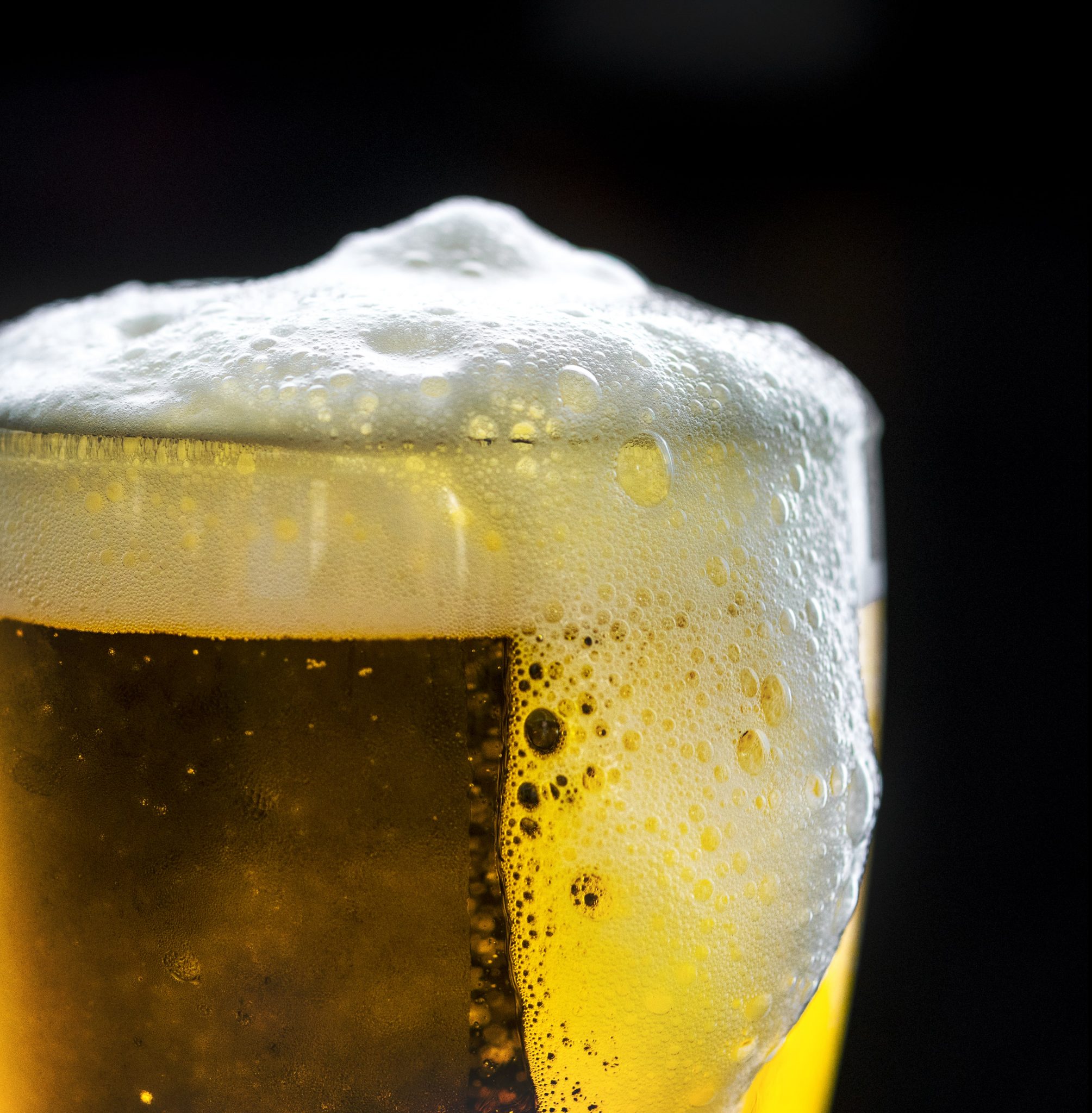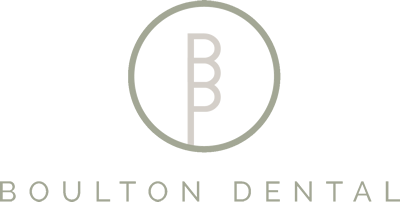
29 Apr 4 reasons not just your liver needs a break from alcohol
As most of us know, heavy alcohol intake can a toll on our bodies – it has short and long term effects on our brains, livers and blood sugar levels. But something we may not have thought about; is how it affects our oral health. Although moderate alcohol consumption can certainly be part of a healthy lifestyle, alcohol itself isn’t considered to be one of mother nature’s superfoods. Below are three important things to know about your teeth and the booze you choose:
1. Alcoholic drinks like white wine, ciders and beer can be really acidic! When we consume acidic food and drinks, our tooth enamel is weakened and our saliva is working overtime to return the mouth to a neutral PH level. Consistent acidity in the mouth can lead to erosion of our enamel, which often leads to pain and ongoing sensitivity.
2. Keep an eye on the sugar content! Sugar can be a major risk factor to tooth decay – this is because bacteria in your mouth lives and thrives on sugar. When we’re eating food and drinks that contain sugar, it reacts with the plaque in our mouth and produces plaque acids. These are the acids that attack our teeth and cause dental decay. Intermittent water between drinks can help to neutralise the acidic and sugary content of alcohol, so try to keep this up over a day or night out.
3. Dehydration affects the whole body, including the mouth. When you consume too many alcoholic drinks, your mouth tends to produce less saliva – so instead of being washed away naturally, bacteria clings to our tooth enamel and a dry mouth environment creates an all too good environment for oral bacteria and plaque to flourish.
4. Staining of the teeth is a common side effect of alcohol consumption –, especially with darker coloured beverages. Most deep alcohols contain polyphenol, which is a chemical compound that easily stains our teeth. Those with deep hues like red wine, sangria and dark liquors or dark mixers can result in long lasting discolouration and dullness of the pearly whites. So again, it’s important to alternate alcohol with water breaks to replenish and rinse out our mouths.

Sorry, the comment form is closed at this time.